In the past, the idea of integrating digital components into our world was akin to a piece of science fiction. Nowadays, augmented reality (AR) technology is making these imaginings real. AR augments real-world settings by overlaying computer-generated sensory information, including videos, images, and sound. It is based on techniques that include GPS data and image recognition. Initially developed by the U.S. Air Force Lab in the 1990s, AR has significantly evolved in its applications across various aspects of contemporary life, including corporate strategies.
Companies are increasingly recognizing the potential transformative value of AR in engaging customers and improving brand experience. Incorporating AR involves understanding its development scope, primarily through creating custom AR apps tailored to specific business requirements. AR app developers play a crucial role, utilizing specialized tools and platforms designed for tablets, smartphones, and smart glasses.
Augmented Reality Applications Across Industries:
Archaeology: Augmented reality has revolutionized archaeology by reconstructing ancient ruins and providing insights into past civilizations. It aids in documenting and visualizing historical sites with unprecedented detail.
Engineering and Architecture: In architecture, AR facilitates visualizing proposed buildings in both 3D and 2D, providing clients with virtual tours of interiors. Engineers use AR to model and diagnose equipment installations, minimizing errors and enhancing project efficiency.
Medical Field: AR greatly benefits the medical profession, especially in surgery, by enabling precise visualization of patient data and anatomical structures. AR enhances diagnostic accuracy, treatment planning, and medical education through interactive visualizations and simulations.
Sales and Marketing: Augmented reality in marketing enhances customer engagement by offering interactive product demos and virtual trials. This improves brand storytelling and consumer trust by merging the physical and digital worlds.
Future Trends and Innovations:
Looking beyond current apps for smart glasses and smartphones, researchers are examining new technologies like VR-capable contact lenses designed to support AR integration, as well as displays with virtual retinas. These advancements promise to elevate the quality of immersive experiences to new levels. Spatial Augmented Reality (SAR) will soon provide convenient projections that enhance user interaction with digital overlays embedded in physical environments.
Investing in the Future of Augmented Reality:
Augmented reality provides an exquisite opportunity for funding in each hooked-up corporation and startup. Although the preliminary value of growing AR solutions can also seem high, the long-term blessings outweigh these charges. Businesses can leverage AR to noticeably decorate patron pride and operational performance. By using the AR era, groups can differentiate themselves from competition and entice client attention with creative stories that bridge the space between the bodily and digital worlds. As the firm evolves, adopting augmented reality not only enables companies to stay ahead of the curve but also places agencies at the leading edge of digital transformation sweeping industries worldwide.
In conclusion, an augmented reality App Development Company in Australia represents a revolutionary innovation for businesses, offering boundless opportunities to enhance customer experiences, boost efficiency, cut costs, and propel business growth. Embracing AR app development services positions businesses competitively in today’s digital landscape as technology continues to evolve.






.svg)

.svg)





.png)
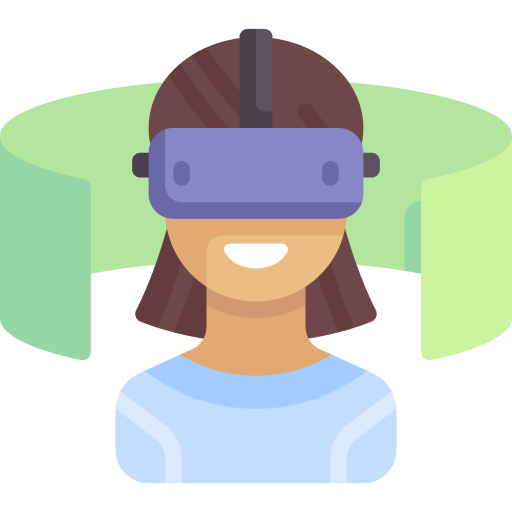
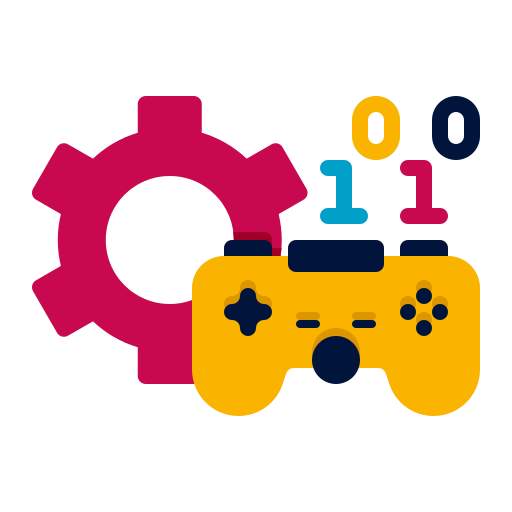

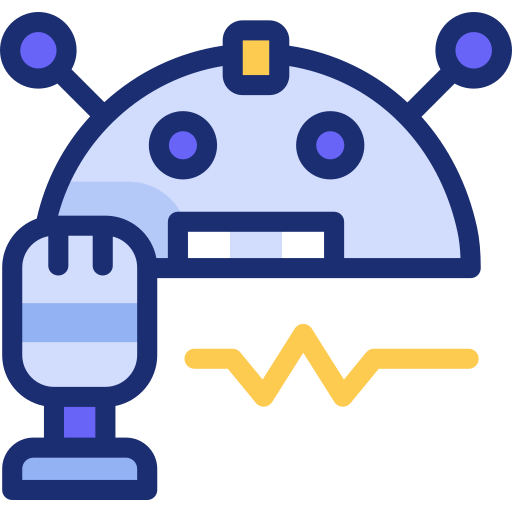


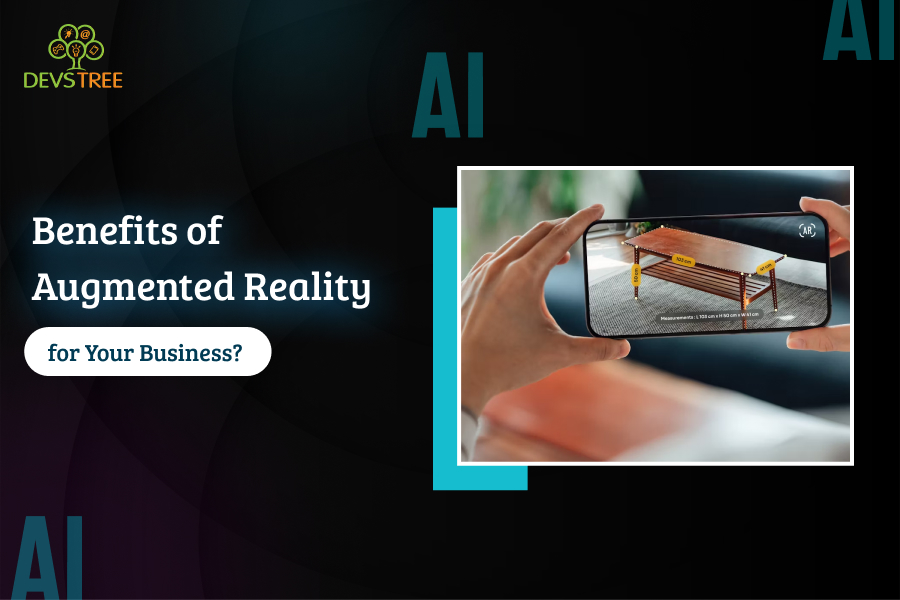
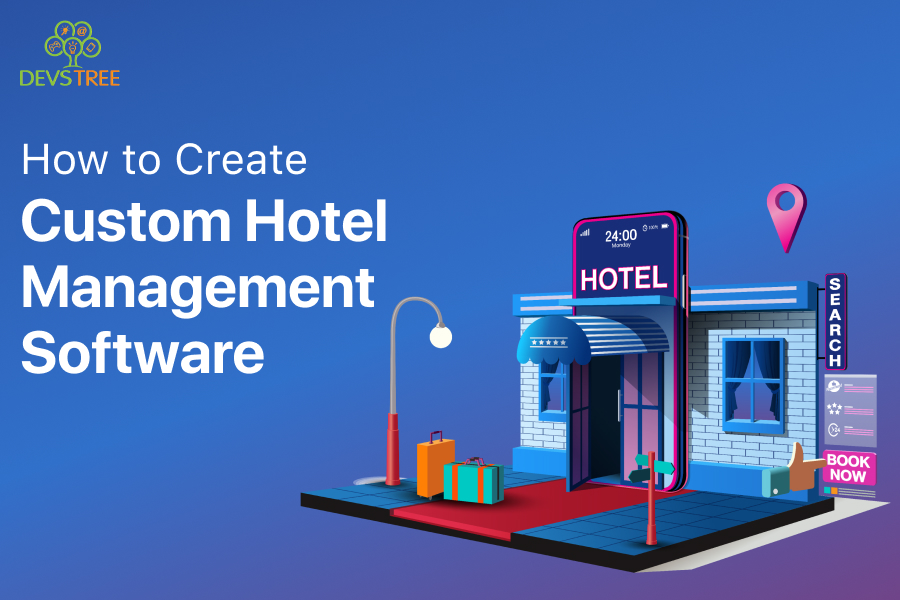
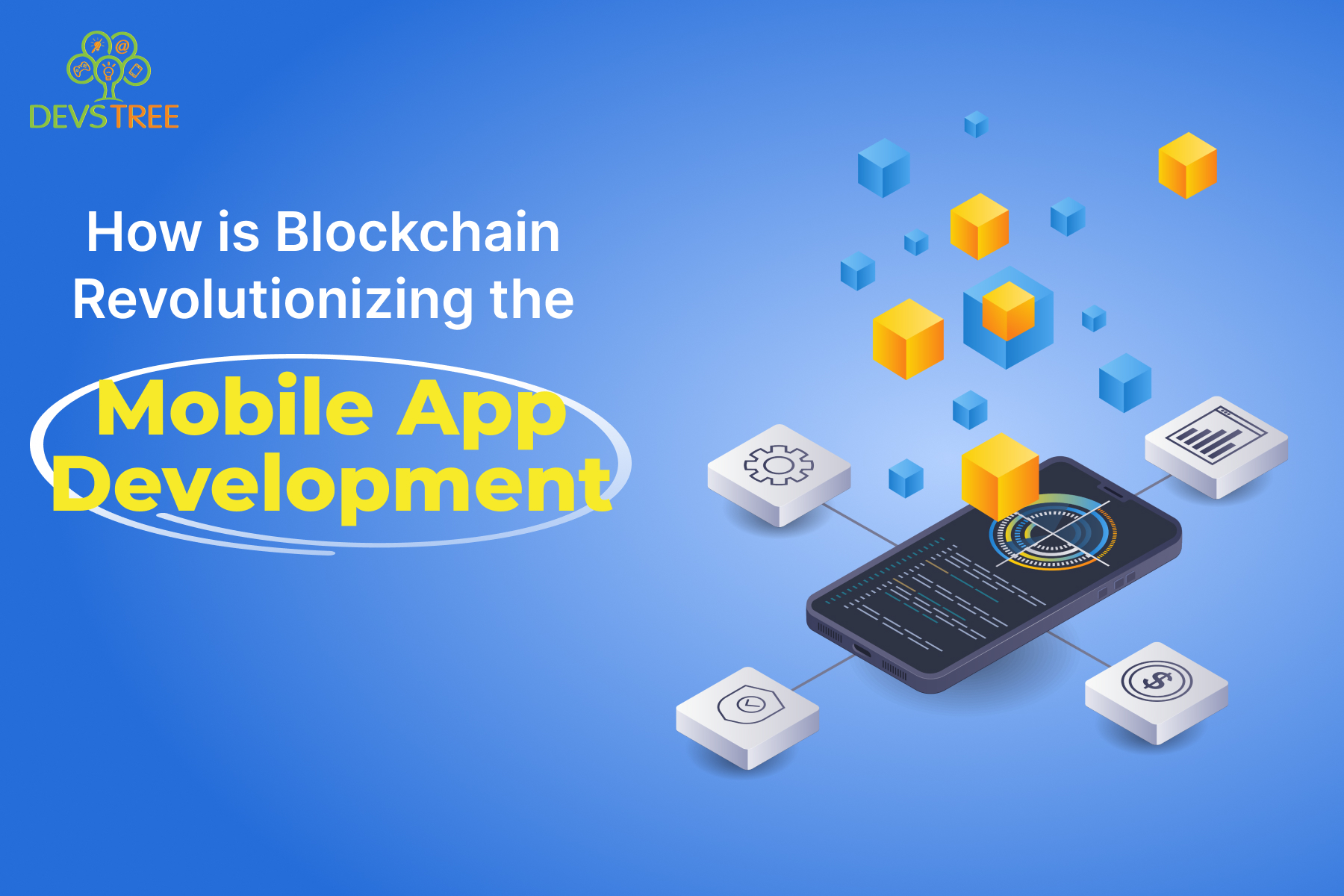
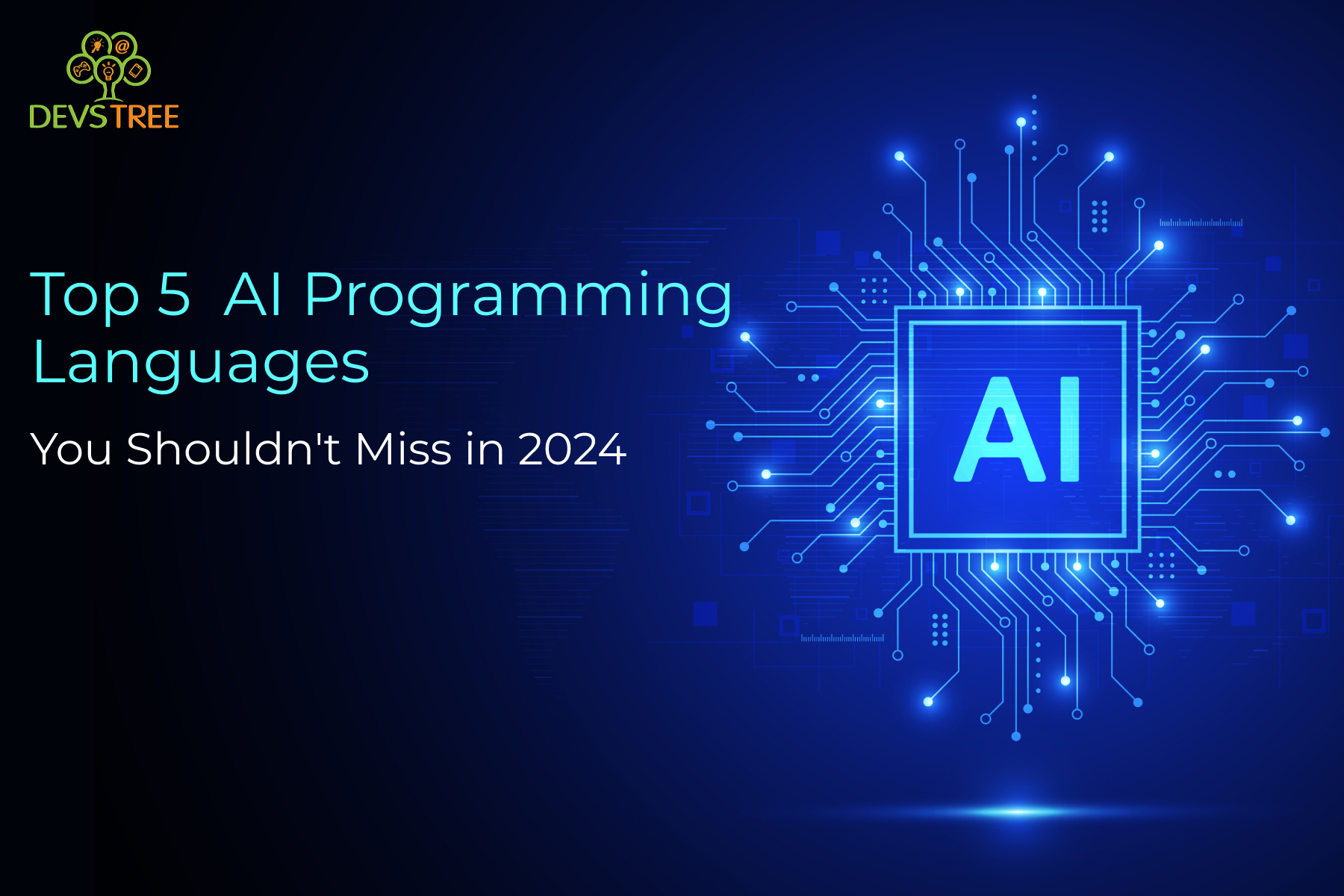





originil.webp)

originil.webp)

